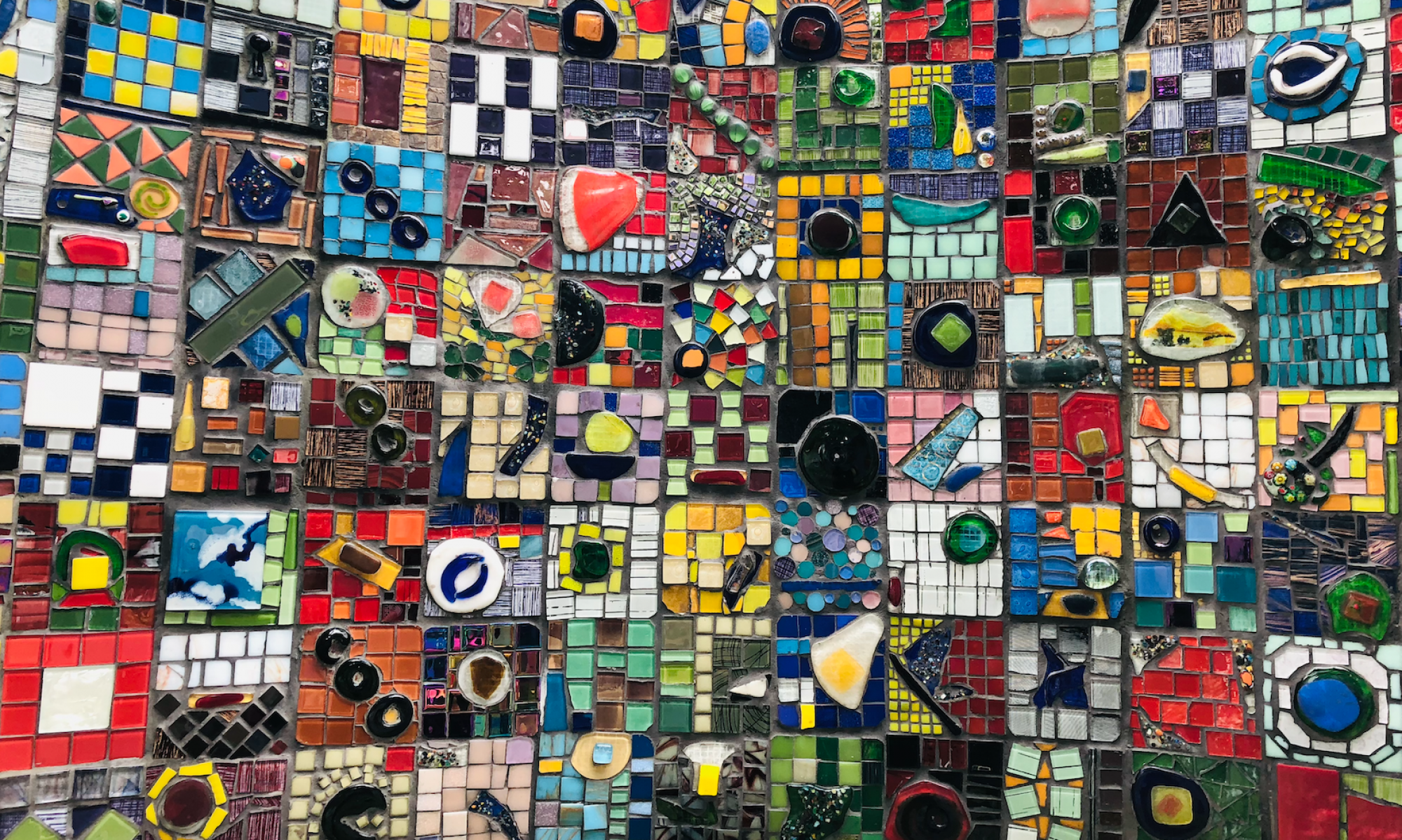Confronting Colonialism in STEM and Health is a research and knowledge mobilization project led by Dr. Sharon Stein, Dr. Cash Ahenakew, Dr. Will Valley, and Dr. Tamara Cohen. Through our project we seek to support students, researchers, and professionals working in STEM and health fields to: 1) confront colonialism in their institutions and individual practice; and 2) reimagine their work in more socially and ecologically accountable ways.
Guiding our work is a recognition that confronting and reimagining STEM and health will require identifying, interrupting, and redressing the complicity of these fields in systemic, historical, and ongoing harm, as well as learning to weave together the gifts of different knowledge systems with both intellectual and relational rigour. By relational rigour, we mean a commitment to fostering relationships grounded in trust, respect, reciprocity, consent, and accountability (Whyte, 2020).
It is important to note that Indigenous peoples and many others have been engaged in similar efforts for a long time. Today, there is increasing interest in this work, especially in the wake of the final report and Calls to Action of the Truth and Reconciliation Commission of Canada, and other recent efforts to Indigenize and decolonize mainstream institutions in settler society.
Drawing on Indigenous and other decolonial critiques, we note that many of these well-intended educational change efforts tend to underestimate the enormity and complexity of challenging enduring colonial hierarchies of knowing and being, and overestimate our collective capacity to do this work without becoming overwhelmed, frustrated, or reproducing colonial patterns.
Thus, even when people have good intentions, many reforms that seek to address colonialism remain symbolic and superficial, rather than substantive, leave underlying structures of dispossession untouched, and therefore allow for the continuity of “business as usual.” This often looks like:
- Prioritizing quick, easy, and largely inconsequential forms of change (reconciliation as window-dressing)
- Engaging Indigenous and other marginalized knowledges in selective, extractive, tokenistic, consumptive, performative, and appropriative ways (reconciliation as spectacle), and
- Imposing ethnocentric priorities, sensibilities, and imaginaries of justice onto the process of change itself (reconciliation as settler-paternalism)
Interrupting these patterns as they manifest at individual and systemic levels, and enabling deeper possibilities for change to emerge, is difficult work. It requires addressing not just the intellectual, but also affective and relational dimensions of social and institutional transformation. But this work cannot even begin until those who systemically benefit from ongoing colonial relations honestly confront their structural role in reproducing harm, and commit to addressing their debts to Indigenous and other marginalized peoples in colonial contexts. We call this “settler responsibility.” Settler responsibility is a collaboratively developed framework and practice that invites non-Indigenous people to develop the capacities, dispositions, and stamina to face uncomfortable truths and stay with the work of decolonization over the long-term.
With this in mind, our project engages those working in STEM and health fields who seek to deepen their settler responsibility by:
- Committing to honestly confront the role of one’s field/discipline/profession and practice in rationalizing and reproducing systemic, historical, and ongoing social and ecological harm – including by examining how one has benefitted from this harm;
- Deepening capacity for and developing practices of hyper-self-reflexivity in order to identify and interrupt colonial patterns within oneself;
- Recognizing the indispensability and insufficiency of all knowledge systems, including one’s own, and the difficulty and necessity of weaving knowledges together in generative ways;
- Unlearning epistemic arrogance in order to create the conditions and opportunities to engage with other knowledge systems with humility, and in ethical, equitable ways that are not oriented by a search for mastery, ownership, universalism, or consensus; and,
- Learning to be taught by the inevitable tensions, contradictions, and failures of this work.
This SSHRC-funded project entails both original research and knowledge mobilization, including traditional scholarly outputs (research articles), workshops, and open-access pedagogical resources. This website is an effort to share our work and is part of our knowledge mobilization efforts, and it will be frequently updated with new educational and scholarly materials.
Most of our work takes place at or adjacent to the University of British Columbia’s Point Grey Campus, which is located on the traditional, ancestral, and unceded territory of the xʷməθkʷəy̓əm (Musqueam) people in what is currently known as Vancouver, Canada. We are committed to supporting struggles for the return of these and other lands and waters to their Indigenous caretakers.
In our project, we work with those who are just starting their journey, as well as those who are already engaged in this work and have started to encounter the challenges and complexities that come along with it. We have collaborators around the world, especially with the Gesturing Towards Decolonial Futures research/arts collective, of which some of us are a part. If you are interested in learning more or collaborating with us, please contact Sharon Stein at sharon.stein@ubc.ca
